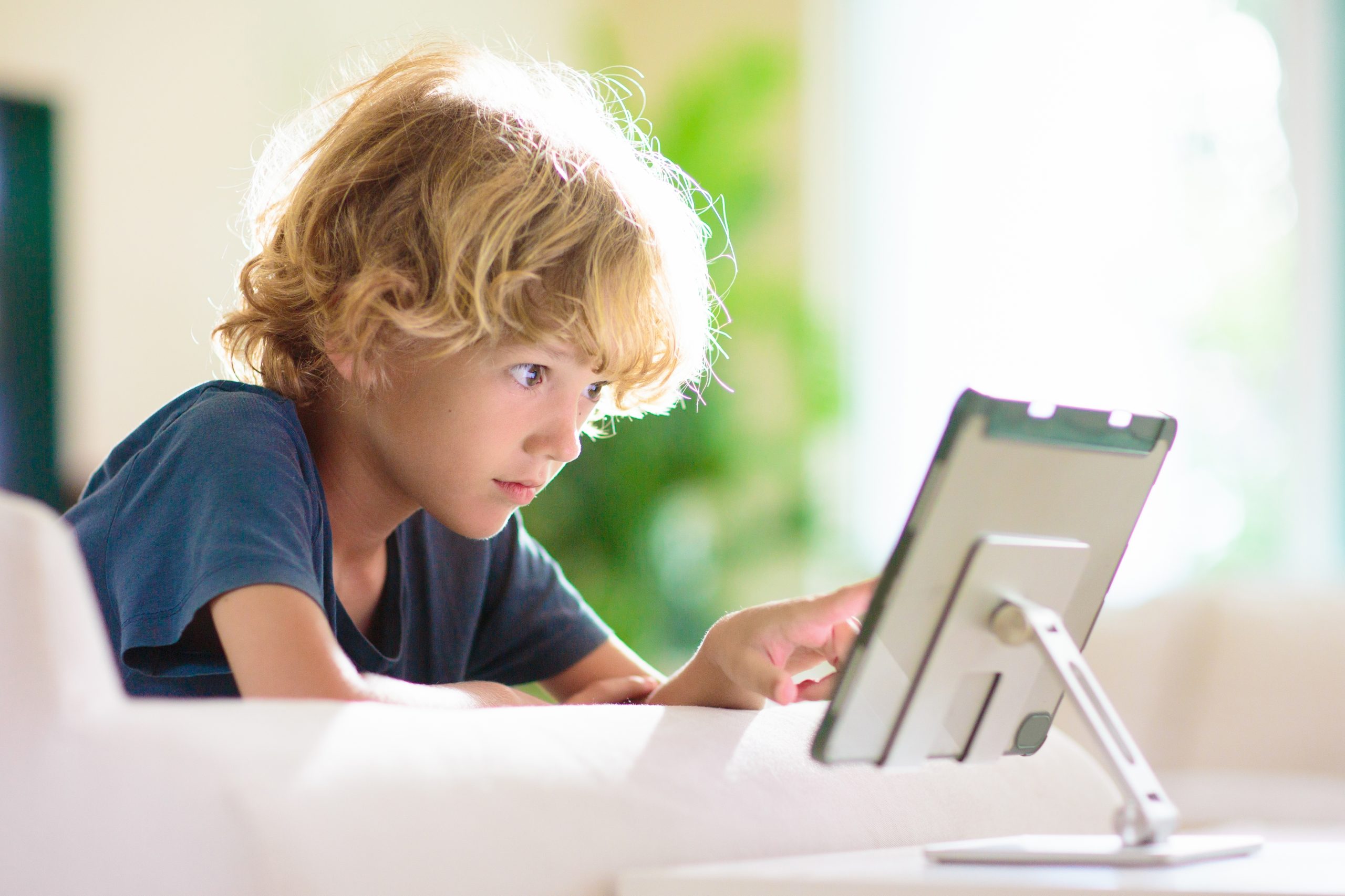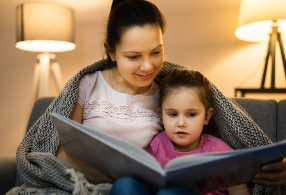Helping Children To Reduce Screen Time

This Youth Mental Health Day, we’re shining a light on screen time—a major influence on our children’s mental well-being.

Dive into our helpful tips and strategies below to help manage and reduce screen time, creating a healthier balance.
According to a survey by CHILDWISE, children aged 7-8 spend approximately 3 hours online daily, increasing to 5 hours for 15-16 year olds. Although this data was collected during the pandemic, a period of high screen usage, a more recent BBC survey shows that 79% of parents believe their children’s screen time has risen since then.
While it is no surprise that children spend a significant amount of time in front of screens, the potential effects of excessive screen time can be concerning. Some possible impacts include:
- Disrupted sleep patterns or difficulty relaxing before bed
- Eye strain and headaches
- Reduced social interactions which may affect social development
- Struggles with focus and concentration
- Increased feelings of isolation
- Less interest in physical activity

Tips for Managing Screen Time
With screens being central to so many aspects of modern life—whether it’s connecting with family, completing schoolwork, watching TV or playing games—managing children’s screen time can be difficult. However, here are a few strategies that might help:
- Designate ‘screen-free’ times: Setting aside certain times, such as during meals, for everyone to unplug can help reduce screen time and help to promote family time.
- Encourage offline activities: Help your child enjoy activities that don’t involve screens. Going for walks, playing sports and engaging in arts and crafts are all great options.
- Limit screen use during focused tasks: Encourage children to put devices away during important tasks like homework to help them concentrate better.
- Set clear guidelines for teens: For older children, it can be helpful to establish rules around screen use, such as when it’s time to disconnect for the day. Consider using apps that help track and manage screen time.
- Keep screens out of the bedroom: Make a habit of charging devices outside the bedroom to discourage late-night screen use.
- Be a role model: Show your children the importance of balanced screen use by following healthy habits yourself.
- Create a calming bedtime routine: Try winding down with non-screen activities like reading together before bed.

A Screen-Free Adventure
Managing screen time during school holidays can be especially tricky, but we have the perfect solution.
This October Half Term, Oxford Active are here to provide children aged 4-14 with an exciting, adventure-filled offline environment where they can dive into a variety of fun activities. From sports and team games to arts, crafts and creative play, children will have the opportunity to stay active, build confidence, make new friends and enjoy the magic of unplugged fun. To add to the excitement, they may even get to experience some of our thrilling ‘WOW’ activities, making their time with us truly memorable.

Give your child a break from their screens and treat them to an adventure this October!
Find and book your nearest camp today at www.OxfordActive.co.uk.



